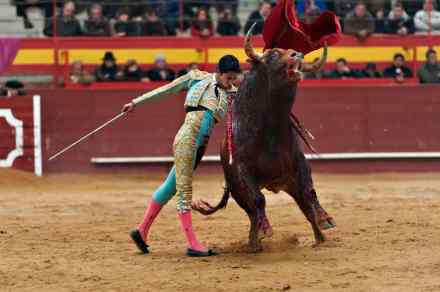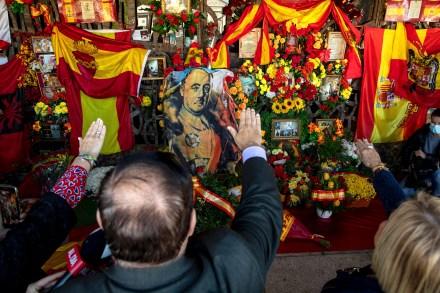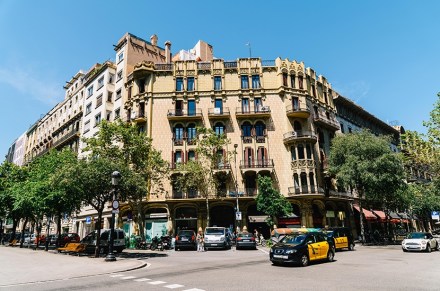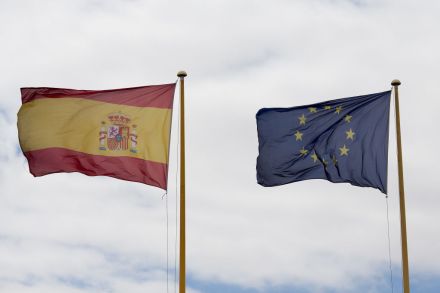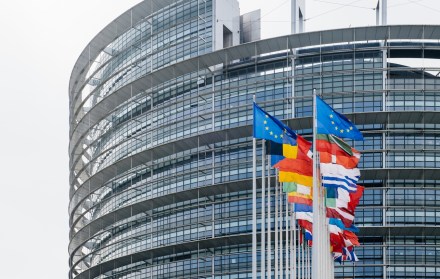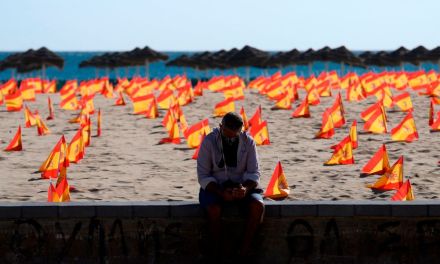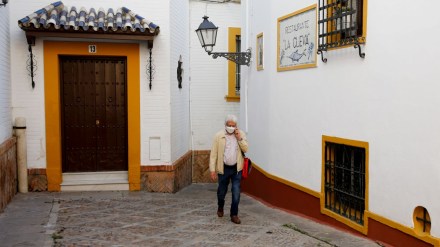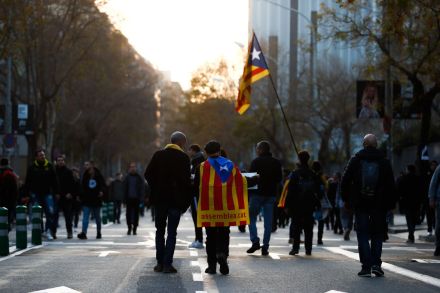The Canary Islands are a Mecca for Europe’s lockdown escapees
Those looking for ancient culture will find it in abundance on Fuerteventura – a canary island known more for its beaches than its heritage. I’d ended up in a hostel run by an Italian couple deep in the island’s outback. Looming over the hostel was the holy mountain of Tindaya, on whose summit indigenous islanders once left their dead. It also has the most important set of podomorph engravings in the world — 300 pairs of foot-shaped engravings, the left and right soles with attendant digits flush together, carved into the rock. These simple and rather touching imprints struck a particular chord with me after my extended Camino across the Iberian Peninsula following the




